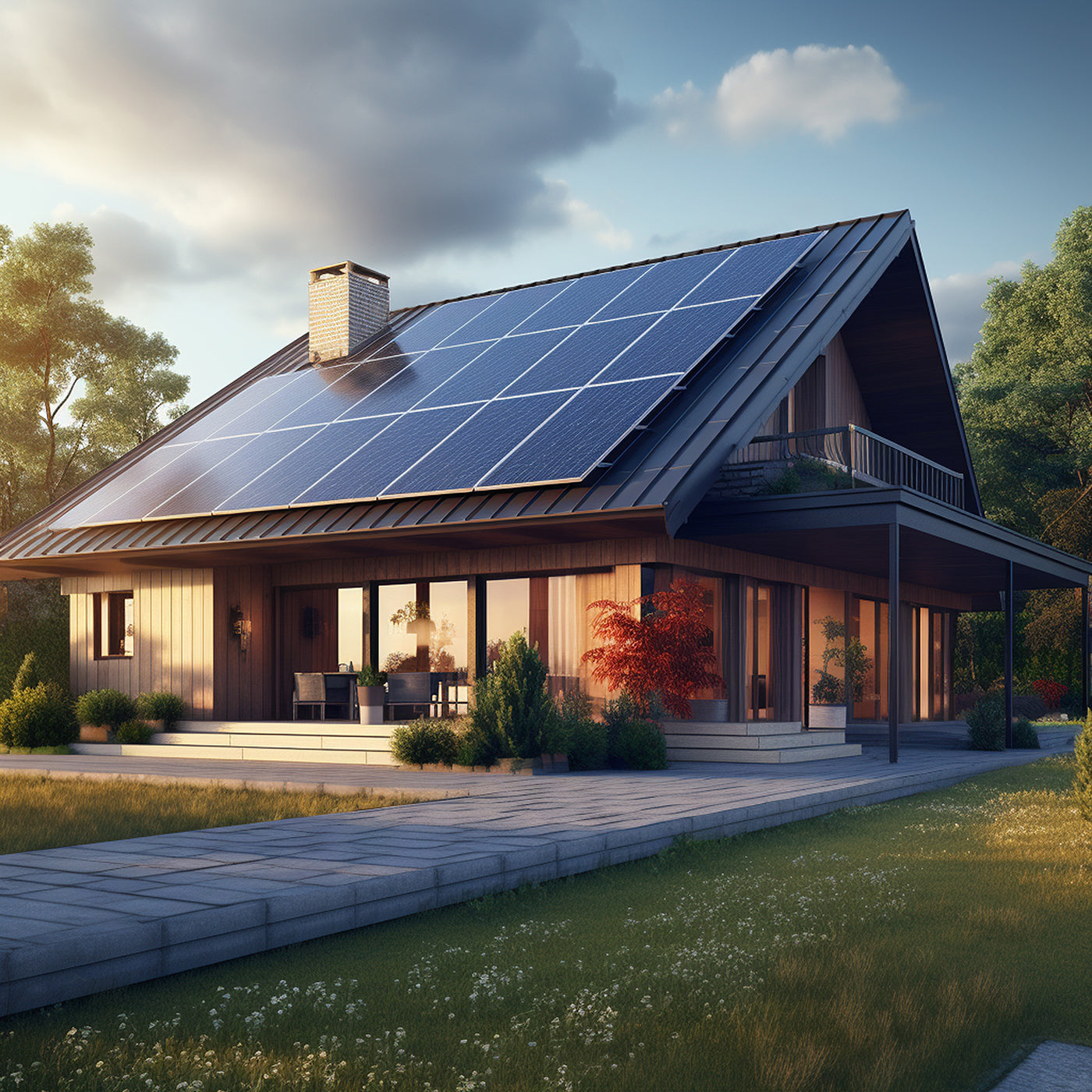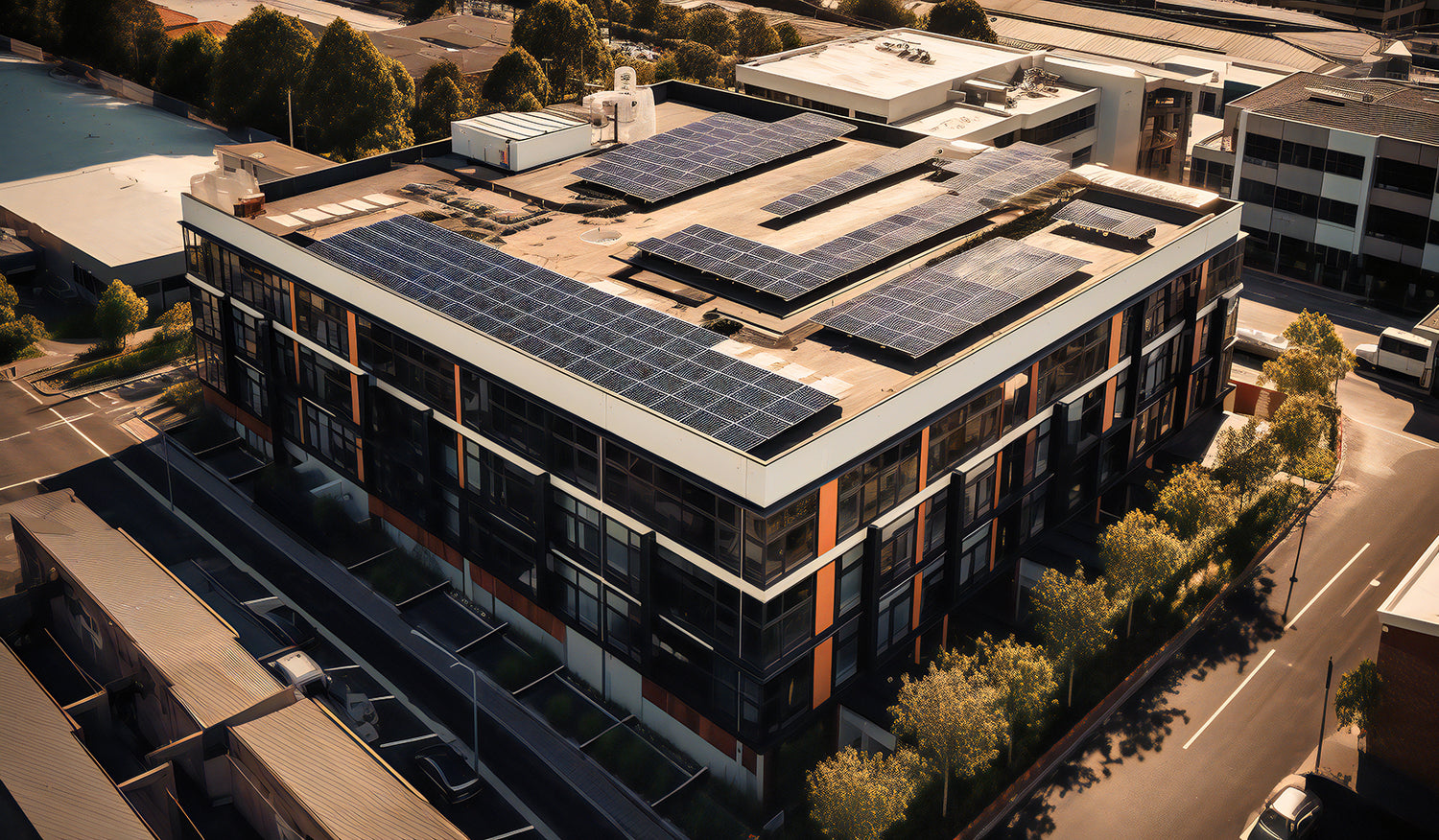We Build your Future Energy Today

Solar for Residential
We help you to build your Solar System at your Home the way you prefer it. Click below to know more about our Residential Services.

SOLAR FOR
COMMERCIAL
Reduced Energy Bills: Businesses generally observe a 50% reduction in electricity expenses when using commercial solar systems, with some cases reporting even higher savings.
Environmental Benefits: Solar energy contributes to sustainability efforts and reduces reliance on fossil fuels.
Increased Property Value: Installing solar panels can enhance the value of commercial properties by approximately 10%

Solar for
AGRICULTURE
Affordable and Clean Energy:
Solar power is an affordable and clean energy source for farmers. It helps minimize utility costs while reducing reliance on non-renewable energy.
Water Demand Management:
Solar panels can be installed above crops, providing shade and reducing excessive water demand by plants. This dual use of land benefits both energy production and agriculture.
Increased Crop Production:
Solar energy allows farmers to harvest the sun twice—once for crops and again for electricity. The same flat, open areas suitable for farming are also ideal for solar installations.
Carbon Emission Reduction:
By using solar power, farmers contribute to cleaner air and reduced carbon emissions. Solar energy systems produce electricity without harmful pollutants or greenhouse gases.
The Solar Installation Process
-

Evaluate Your Energy Needs:
Before installing solar panels, it's essential to understand your current electricity usage. Look for your annual kilowatt hours (kWh) rating on your electric bill or utility account page. The higher your bill, the more you can potentially save by going solar. Reducing your home's energy needs through efficiency improvements can further enhance these savings
-

Determine Suitability for Solar:
Ensure that your home is structured for solar panels. A solar panel system requires significant upfront costs, so it's crucial to assess whether your roof can accommodate the panels. Professional installers can evaluate your roof's orientation, shading, and structural integrity to determine its suitability for solar installation
-

The Solar Installation Process:
The installation process typically involves the following steps:
1-Engineering Site Visit: An installer assesses your property, examines the roof, and plans the system layout.
2-Permits and Documentation: Necessary permits are obtained, and documentation is prepared for the installation.
Ordering Equipment: The solar panels, inverters, and other components are ordered.
Solar Panel Installation: The physical installation takes place, including mounting the panels on your roof.3-Approval and Interconnection: After installation, the system is inspected, approved, and connected to the grid. This step usually takes one to three months before your panels start generating electricity



